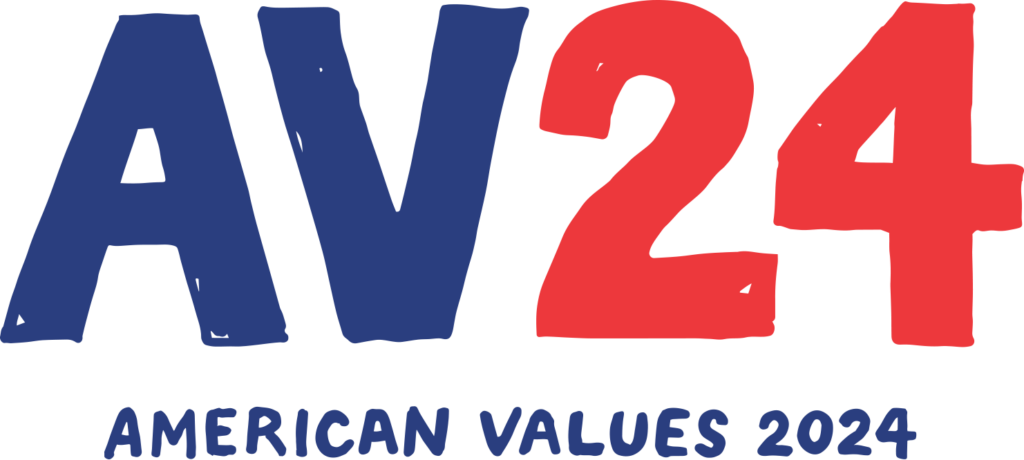By Adam Garrie, The Kennedy Beacon
On April 22, Earth Day, Robert F. Kennedy Jr., along with his vice presidential running mate Nicole Shanahan and an eclectic panel, held an online event centered on healthy living and a healthy planet.
Moderated by EcoWatch founder Stefanie Spear, the discussion also featured food sovereignty advocate and author Vandana Shiva; philosopher Charles Eisenstein; and co-founder of the non-profit Kiss the Ground, Ryland Engelhart.
During the panel, Shanahan spoke about the benefits of regenerative agriculture while Shiva spoke about the dangers of toxins in the food supply. For his part, Kennedy explained how he has re-thought some of his earlier environmental ideas.
Today’a environmental discussions are often dominated by diatribes about climate science but rarely mention the food we eat, the land on which we live, or the parks and outdoor spaces where children play and adults find solace. The absence of obtuse and divisive rhetoric and a focus on a human-centered approach to nature distinguished Kennedy’s Earth Day panel.
Kennedy presented a vision of environmentalism that placed everyday people at the heart of practical and healthy solutions to environmental problems.
He began by explaining that his environmentalism is the product of a youth spent immersed in nature. At the age of 29, Kennedy decided to dedicate his professional life as an attorney to environmental causes. He faced a major decision: Would he stay in the Washington ‘bubble’ and act as a lobbyist or would he venture directly into nature and help the men and women whose economic, spiritual and cultural lives depend on nature.
For Kennedy, the decision was obvious. He left the world of Washington behind and worked alongside fishermen who “understood that the environment is connected to everything.”
Kennedy further explained that at the time he began his environmental activism, there was a prevailing narrative that pitted environmental advocacy against economic prudence. This, he said, was a maliciously false dichotomy promoted by Washington’s talking heads.
For Kennedy, the natural environment is the most important element of the country’s infrastructure – implicitly tied to human happiness, health, economic prosperity, and social welfare. He encourages people to eat healthily and free themselves from the addictive properties of deeply toxic processed foods.
Kennedy also spoke about preservation and rejuvenation as an investment in the nation’s health, because balanced natural ecosystems and food supply chains will result in fewer Americans with chronic disease [On the campaign trail, Kennedy often compares the percentage of people who suffered chronic disease during his uncle’s presidency in 1960 (6%) to today (60%), a massive increase that he ties to our current disrespect of ecosystems and our corrupted food supplies.]
Kennedy also discussed the religious aspect of ecology. “Our dignity and relationship to God is tied to the environment,” he said. To illustrate this point, Kennedy referenced the Bible, Koran and Buddhist Canon to show how divine revelation is often received in the wilderness.
Kennedy’s understanding of ecological problems and solutions diverges from the ‘woke’ environmentalism of doom that predominates legacy media.
Kennedy challenged the tunnel vision or ‘silo thinking’ of what he called “carbon fundamentalism,” an environmental ideology that seeks to capture the lexicon of wider environmental discussions by reducing them to a “singular formula” that ignores the broader issues of how a clean environment benefits our daily lives.
Many people who work beside rivers, in forests, in the open desert or the great oceans feel alienated from corporate, political and often mean-spirited environmentalism. When ecological policies are deliberated, they feel they don’t have a seat at the table. Kennedy made it clear that, as president, he would make sure such people not only have a seat at the table, but a primary one.
